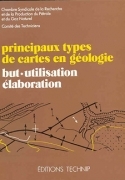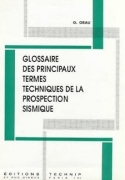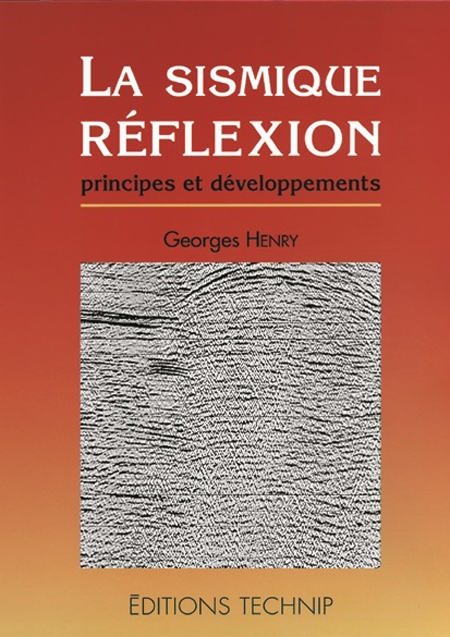Quest for Quality Data
Auteurs : THEYS Philippe
ISBN : 9782710809647
broché 17 x 24 cm 270 pages
Date de publication : Février 2011
Acheteurs américains

 Ajouter au panier 52 €
Ajouter au panier 52 €
The Digital Oilfield is the buzzword of the oil industry in these early years of the 21st century.
Data swiftly flows to databases, moves around the world at the speed of light and can be exchanged seamlessly between all stakeholders. From time to time, for good housekeeping, data is cleansed. Many people are involved in these intermediate or final steps.
But, who cares about the real sources of oilfield data, seismic profiles, wirelines and LWD logs, drilling data and core measurements? This book expresses the real concerns about input data. It explains the inherent weaknesses of the oilfield data acquisition processes and gives recommendations on how to improve them. This quest goes through the paths of uncertainty management and elucidates the important role of the field engineers.
Table des matières :
1. Introduction. Part 1. Why measurements differ from reality. 2. Setting the problem with simple examples. 3. All well measurements are indirect. 4. Logging measurements do not focus on zones of interest. 5. Measurements are imprecise and inaccurate. 6. How measurements can suffer from human bias. 7. Complexity. 8. Complication. 9. WYSINWYTII. 10. Misconceptions. Part 2: Quest for quality data. 11. The different uses of logging data. 12. Brochure Specifications. 13. Quest for uncertainties: From brochure specifications to real uncertainties. 14. Deliverables. 15. Depth. 16. Hidden Treasures. 17. Contribution of the field engineer to the quality of data. 18. Drilling data. 19. Coring data. 20. Conclusions and recommendations.
 0
0

 Inscription newsletter
Inscription newsletter

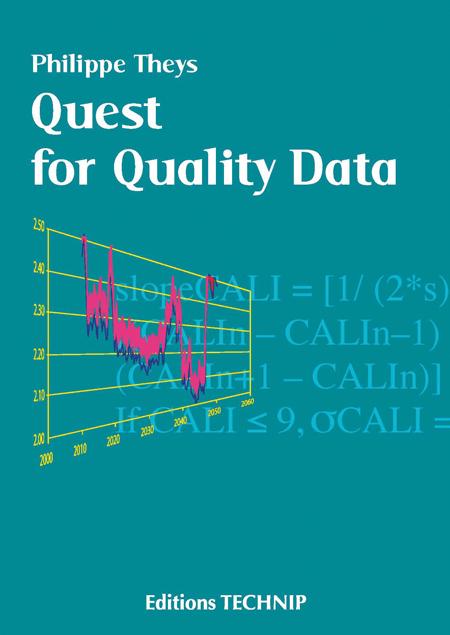
 Partager
Partager
 Tweeter
Tweeter

 Feuilleter un extrait
Feuilleter un extrait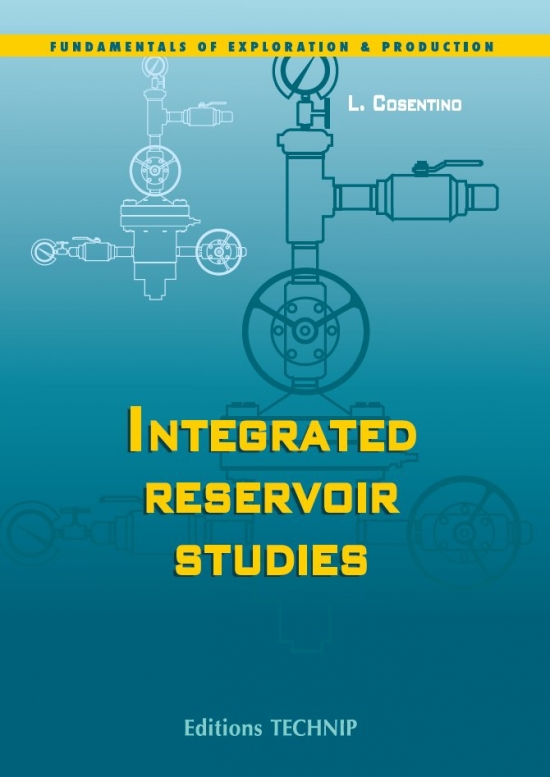
 Ajouter au panier
105 €
Ajouter au panier
105 €
